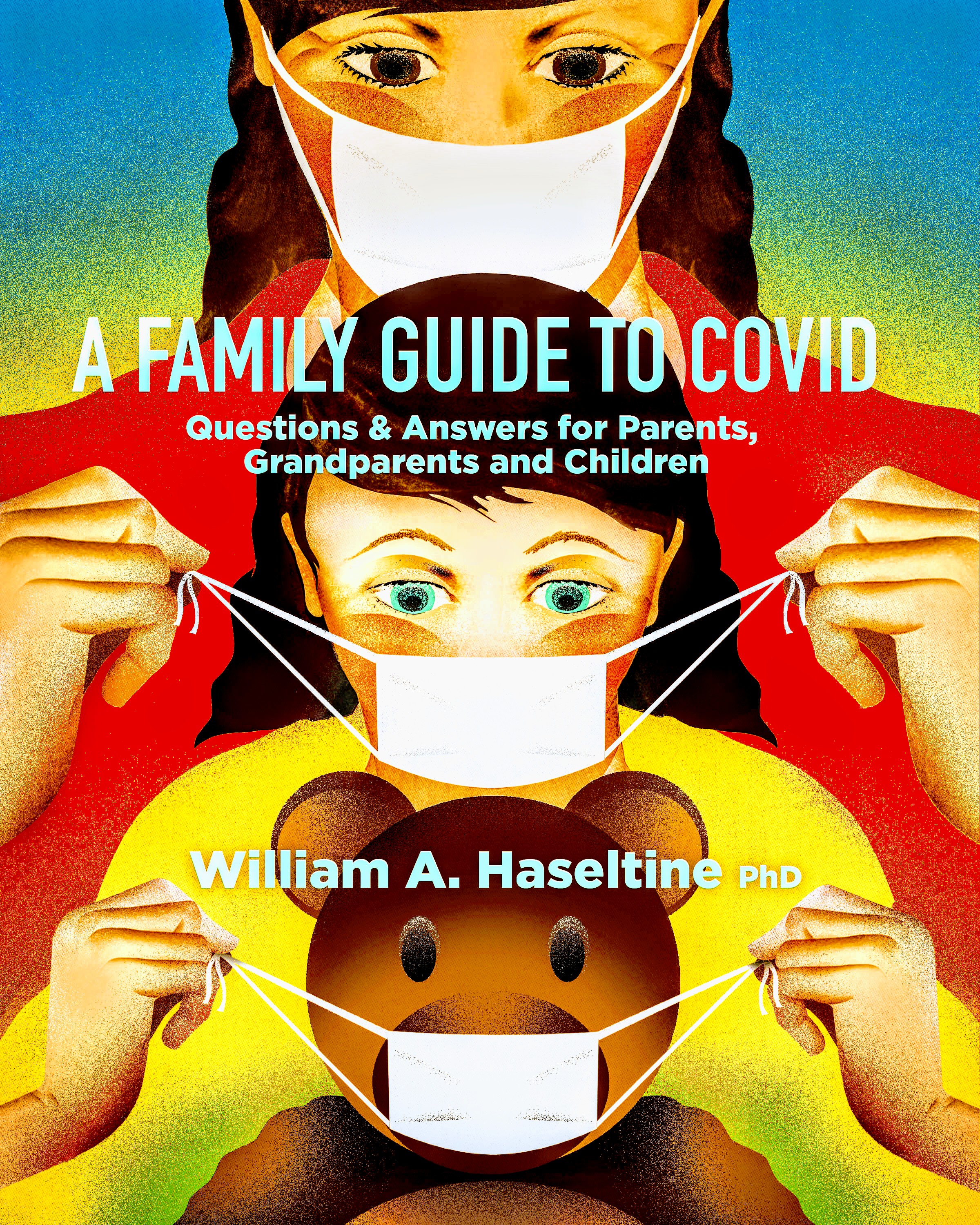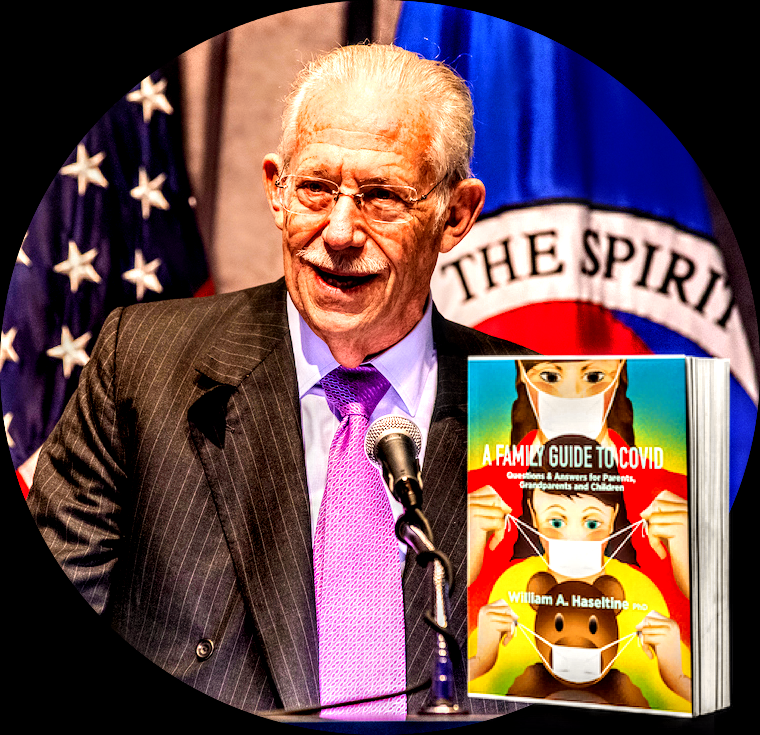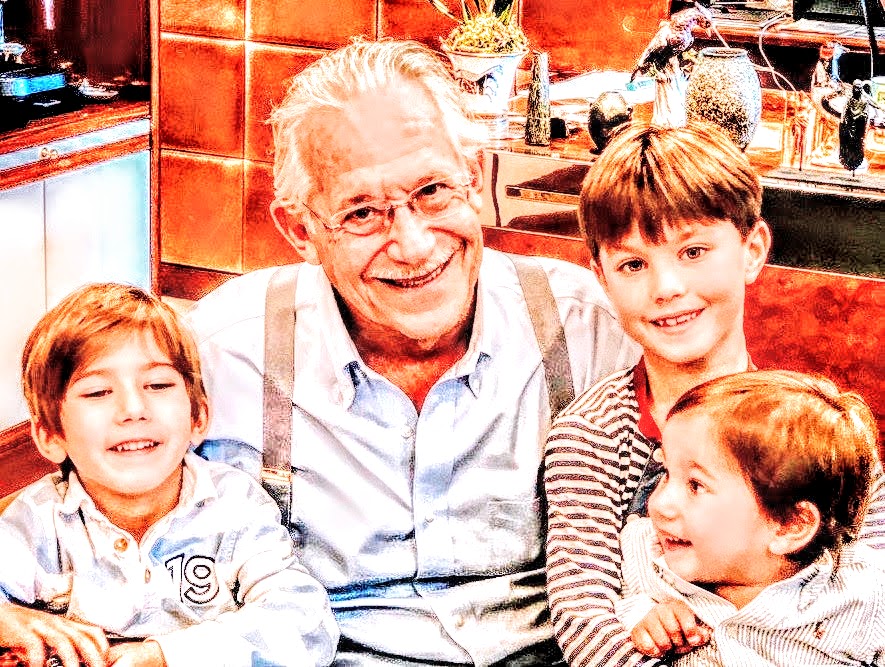The new C-word has been prevalent on news stations, radio stations, and every form of media, created by human existence. It is the topic of the day, as the world grapples through the current pandemic. The hopes and visions we have established for the 2020 year took a curve ball. And so, we were forced to stop, re-center, and restructure our lives to a space of tranquility. Mentally moving ourselves to a space, where we wish to be. Everyday, as many grapple with this international pandemic, we are getting ourselves into a position of figuring out the kind of life, we wish to live. One of the impacts of loss, is that it forces us to re-assess our priorities. Where do we go within a certain dynamic? How do we navigate our current lives, from here on out? These are things which have now been placed on the kitchen tables, dinning room tables, and lounge areas, within our very homes. Overworking and constantly being on the go is becoming more of a distant culture. That’s the sacredness of what is happening right now. People are valuing life, and COVID-19 is the reason for that.
There are those living in these current times, who understand all too well, what it means to persevere through such times. Those who remember prior public health travesties, which ran fear throughout every corner of the globe. They were there when one virus claimed the lives of millions; utilizing their expertise in devising breakthrough research and tools, for the development of certain treatments. Such wisdom is priceless. It gives us that reassurance, and hope, that things will get better. They assure us that love and humanity will triumph in the end. Whatever work they do, whether its in the sciences, arts, or what have you, let it serve as a reminder that it is through difficult times, where we should be exploring the state of our own humanity.
Its fascinating, isn’t it? There is a great awareness, concerning this current era, when it comes to, the young ones. Inquiring and observant minds, aren’t they? Bringing so much life and nurture, during a time when the world needs it the most. The fascination of children, the imagination of children, is a wonderful treasure. It is during this period, where we need to embrace the fascination of, a child’s mind. When engaging the realm of vision, we are able to look through a child’s eyes. During this time of COVID-19, there is one internationally respected scientist, businessman, philanthropist, author, and President of ACCESS Health International. Noted for making ground-breaking research in the fight against AIDS/HIV, that special Being is none other than. . .
Dr. William Haseltine
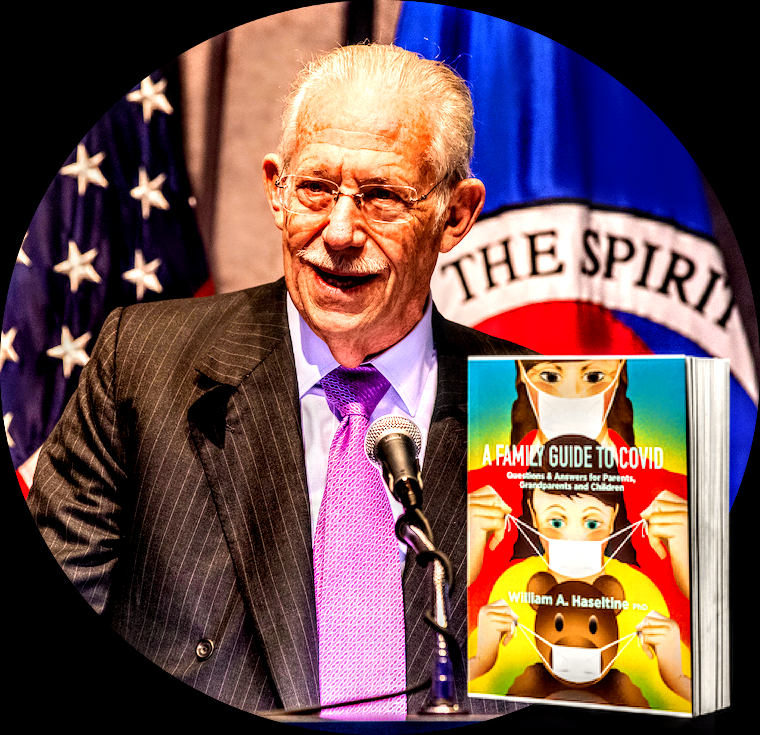
Lauren K. Clark: If you were to imagine the significance of childhood’s imagination, during this particular time, how would you articulate it? How is it useful for adults in mental navigation and maneuvering through this extensive time of quarantine?
Dr. William Haseltine: I just recall my own feelings and thoughts during the time of polio. I did not know exactly what was out there, but I knew there was something dreadful that my parents were afraid of for themselves and for me. It was a feeling of real discomfort that manifested in, “you can only play with three friends,” “you can’t go to the swimming pool,” “you can’t go to the movie theaters,” and “you have to stay inside.” It was a time of deep unease and anxiety, not because I knew what was happening, but rather because I knew my parents were worried. That is how children perceive this.
“Different children have different abilities to respond to various pressures and finding unique ways to support them in their response to what is going on today is critical.”-Dr. William Haseltine
Lauren K. Clark: According to your perspective, if children were to articulate, or draw out their understanding of COVID-19, what would this drawing look like?
Dr. William Haseltine: It would look like a very fearful monster outside their door.
Lauren K. Clark: Based on your understanding, what has made COVID-19 the most challenging thing to deal with? Why is it different than anything we have ever experienced before?
Dr. William Haseltine: It is not different from anything we have ever experienced before. People have experienced the bubonic plague, smallpox, and polio. We have just forgotten what dealing with something like this is like.
Lauren K. Clark: In your living eBook, A Family’s Guide To COVID, you focus on the dilemma of parents, grandparents, and other familial figures to protect their children. What is the phenomenon of using fantasy’s ability to educate children in a way, where they feel they have some level of agency and control within this particular epidemic?
Dr. William Haseltine: I think it is very important not to broadly say that children are this way or children are that way. Children are just as individual as adults, so for each child, you have to pay attention, even within a family, to the differences in their reactions. What will work to give agency to one child will not work for another. We have to understand what each child’s interests are and amplify their experiences with what actually interests them. It is extremely important that children feel that they have some degree of control. One way to do that, for example, is to customize their protective equipment. You could give them face shields covered in Star Wars, Paw Patrol, Hello Kitty, or other characters and images they like. You could also focus on their ability to do creative things. From my own experience, I can tell you that one of my grandchildren loves virtual education, while the other hates it. Different children have different abilities to respond to various pressures and finding unique ways to support them in their response to what is going on today is critical.
Lauren K. Clark: You recently returned from Wuhan, China, where you served as the Chair of the 9th US- China Health Summit. Have you observed a different way, in which COVID-19 is being explained to Chinese children? Kindly elaborate, and how has differentiation of culture and methodologies of containment contributed to this?
Dr. William Haseltine: In general, the Chinese are very child-focused. From the very beginning, there were tremendous numbers of books and videos to explain what was happening to children in ways that I just simply have not seen in the U.S. I have surveyed many of the books and some of the films that are out. In terms of the emphasis that our society is placing on children’s understanding of COVID, I would say that the United States is doing 1/20th of what the Chinese are doing. The Chinese have made an enormous effort to explain and have children understand COVID.
Lauren K. Clark: In writing your recent book, even with all of your expertise, how have you had to return to your own inner child, in order to understand the virus, through the eyes of children?
Dr. William Haseltine: My experience with polio was extremely helpful. I had recalled it for many years, but this brought it all back. In addition to that, I had pericarditis when I was 7 years old. That meant I was confined to my home for about 6 months and couldn’t go outside. I can recall my feelings during that time as well. They have helped me with understanding what children and my grandchildren are going through right now, so I have recalled my own personal experiences with a pandemic and with a disease that I myself suffered.
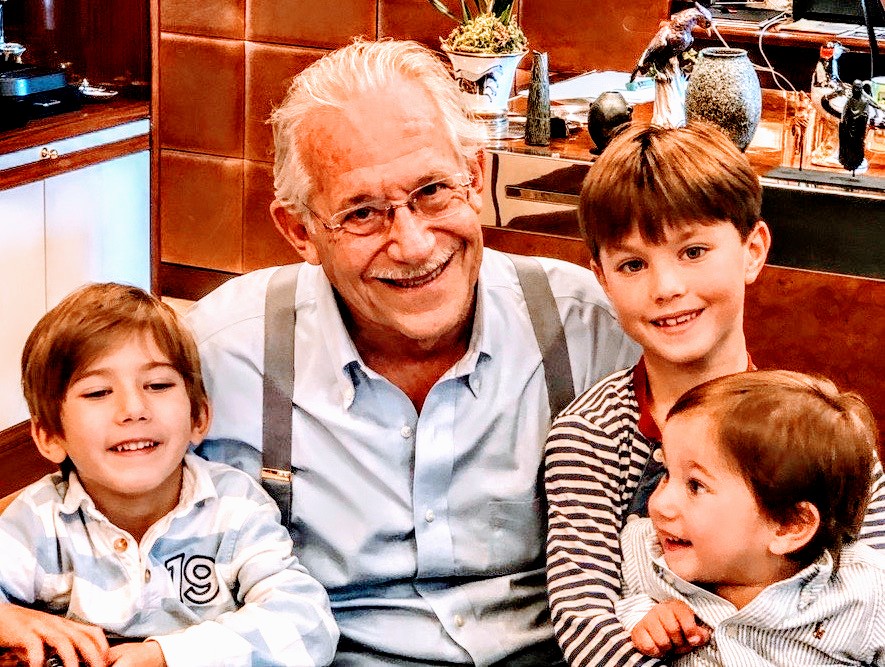
Lauren K. Clark: Has your recent book forced you to re-examine your own research, as it relates to possible drug vaccinations for COVID-19? What have been the challenges in telling a hard truth to parents about the aura of uncertainty?
Dr. William Haseltine: Writing the book reinforced my belief in science as a fact-based part of human culture and the importance of dealing with the world as it is, rather than the world as we wish it to be. As a scientist, you do not have the luxury to wish the world to be one way or another. Your job is to find out what it is, regardless of what you think. The way most scientific mistakes are made is to believe you understand nature when your job is not to predict, but rather to observe and interpret. I would say the same applies when you look at an epidemic. There is a great desire to transform the world into something that is suitable for you and your individual life when it is not. This epidemic makes that abundantly clear.
Lauren K. Clark: As a scientist how would you differentiate the level of uncertainty during the initial AIDS epidemic versus COVID-19? Is the general public experiencing a greater level of intensity than we had during the AIDS epidemic?
Dr. William Haseltine: Absolutely. The amount of information about this epidemic is far greater than what we had about HIV/AIDS. That is because it affects everyone, not just limited populations as was believed to be the case for HIV.
Lauren K. Clark: You developed the first strategy in creating a drug for HIV. Do you see a similar methodology, which can be used for COVID-19? What more is required in developing a suitable vaccination for the coronavirus? What more is needed?
Dr. William Haseltine: Fortunately, there is tremendous interest all over the world in developing drugs that will help us against COVID-19. This was not the case with HIV for many years. There has also been an enormous global effort, which is very powerful and has resulted in very rapid engagement across the world. We also now have many global centers of excellence that can address these issues. When HIV came along, only the United States and some parts of Europe were engaged. Now, the United States, Europe, China, Japan, Korea, all of Southeast Asia, India, and everyone else has the capabilities that we had then. I would say that at least a hundred times more effort has been put toward developing COVID remedies and vaccines than there was to developing the same for HIV. That, of course, is wonderfully encouraging.
“I believe there is no better guarantee for mental health than productive work and a strong family life.”-Dr. William Haseltine
Lauren K. Clark: What challenges have you experienced in securing your own mental wellness, during this quarantine era? Has quarantine allowed you to discover creative skills about yourself? Do you see these skills being used in developing a treatment for the coronavirus?
Dr. William Haseltine: As a scientist and public health advocate, I’ve had an intense focus on understanding the virus, the disease, the social impact, and the message to control the pandemic through medical, government, and social methods. This has allowed me to use my many years of experience in all aspects of health, and I believe it has been very beneficial to my mental health. Additionally, I have very strong family support by my wife, grown children, and grandchildren. I believe there is no better guarantee for mental health than productive work and a strong family life.
The quarantine has allowed me to deploy my many skills and understanding of science, public health, and medicine. It has also allowed me to use my skills in public communication to help others achieve a level of comfort and understanding with what is happening in this current pandemic.
As part of the quarantine process, I have acquired a country home and rediscovered my love of gardening and taking care of our natural surroundings, a skill that I had not practiced since my early youth.
Lauren K. Clark: Let’s pretend you are on another island with very few people. You are sitting back and observing the current situation. What do you see as it pertains to US citizens and our mental wellness? In protecting our mental health, what are we doing wrong? What are we getting right?
Dr. William Haseltine: In any crisis, we need three fundamental elements. The first is leadership, which is capable of clear, consistent, credible, and compassionate communication to the people of a nation. The absence of such communication by our political leaders in the United States is cause for great anxiety throughout the country. The second requirement is strong and effective governance. In this crisis, that means a public health service that is not only capable of formulating policy, but also executing it at the national, state, county, municipal, and local level. We are absent in such effective and organized public health implementation, which leaves people confused. The results of such an absence of a public service in the United States leads to a patchwork of widely differing approaches. It may vary from community to community and even in some cases, from block to block within a city. That creates substantial uncertainty and anxiety. The final need for coping with a crisis is social solidarity. This is the feeling that everyone is in this together as equals, both in their risk and their opportunity to access medical care, and is responsible for themselves, their families, and others in modifying their behavior. In the United States, this sense of social solidarity varies regionally, but in general, it is weaker than it is in many other countries. Again, this produces anxiety and uncertainty over whether our neighbor will protect us as we will protect them.
Lauren K. Clark: If you could paint the current aura of the world with 4 colors, what would you select. What is your reason for choosing these four?
Dr. William Haseltine: None of the colors would be bright, but rather muted. I would paint much of Asia in a dusky rose and the United States in dark gray. Actually, I would paint all of North and South America, with the exception of Canada, in dark gray. India would also be in dark gray, most of Europe would be fuchsia, Russia would be painted in dark gray, and Australia and New Zealand would be a dusky rose. Dusky rose means the infection is under control, except for sporadic outbreaks that are contained. Fuchsia means that the infection is not under control, but is not out of control either, and dark gray represents a situation that is disastrous in the number of infections, is rampant, and is out of control.
Lauren K. Clark: How do you envision American families taking advantage of this time to strengthen familial bonds with their children and loved ones?
Dr. William Haseltine: In reflecting on the social and cultural impact of COVID-19, I have come to the conclusion that one of the fundamental reasons for family structure is protection in times of crisis. Almost all families reconnect and rebond to protect one another. In my view, it has been an extremely positive time for reinforcing the need for family values and the protective power of families. By families, I am not only referring to the traditional family of husband, wife, and children, but also the more complicated families, such as LGBTQ+ couples and the families with unrelated members and older people in the family circle. There has been a renewed emphasis on the importance of tight familial relationships.
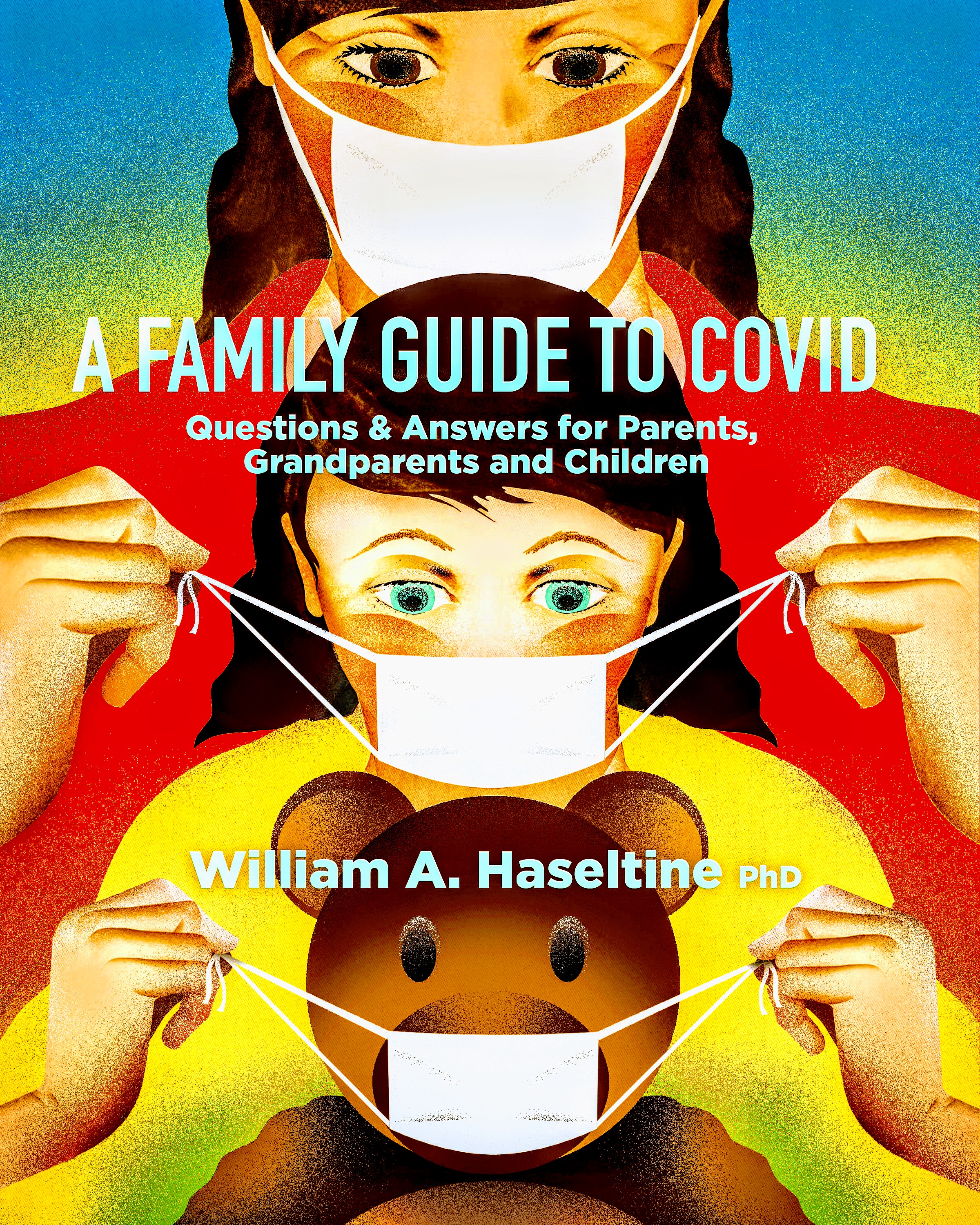
Lauren K. Clark: If you could draw out a safer re-opening of public, and private, spaces in the United States, what would that look like? How would it be more effective in contributing to containing the virus?
Dr. Wiliam Haseltine: We have excellent examples around the world of how to contain the infection, without a vaccine or with a defective treatment or vaccine. Many countries, such as our European neighbors and the Canadians, have done it, while we have not. We do not need to look any further than these examples in Asia, Australia, New Zealand, and Europe to understand what needs to be done. Unfortunately we are not doing it.
If we are specifically talking about a safer re-opening of schools, it is important to note that when people discuss this matter, they focus on K-6 and they say that the children are resistant to infection, which is only partially true. They are resistant, but they are also about two-thirds as infectable. In many cases, they can transmit the virus more effectively than adults. If they do get sick, they often get some very serious life-threatening illness. The big gap in the discussion of schools is high school. Kids in high school, ages 14 and above, are as equally infectable as adults. There is no privilege of infection, and in some cases, they can transmit the virus more effectively. People between the ages of 15-50 make up half of the people who are in the hospital. Thus, in order to contain the virus more effectively, I plead with educators and policymakers not to base decisions on school reopening only on K-6, but on grades 7-12 as well.
Regardless of the current circumstances, humanity is still moving. Not only are we moving, but we are adjusting ourselves to continuing the very artistry of humanity. In this masterpiece, people are moving back into the holistic realm, in which we were designed to be. A way where we were meant to thrive within a more natural vibe! One of the upsides of COVID-19 is that we are moving into a direction of re-centering ourselves through that very space, we are meant to be. Hopefully, human beings can get to a point of making such centering, part of our normal lives, once COVID-19 is over. It is a fascinating world and begins to reveal some of the most intimate comforts, within our very psyche. It is a unique atmosphere of healing. Go ahead and add the world of childhood to that very picture, and you have a recipe for experiencing joy and richness, during this time. Yes! Even during this very time. There are great wonders to be foretold within. This time, leadership comes in a different form. It is through a source of compassion and artistry, held in the highest of esteem. Too often it is overlooked. However, through the work of Dr. William A. Haseltine, our experiences with COVID-19 becomes friendlier, with a more childlike, touch! Leaving more of humanity to re-visit our former childhood years; testing to see just how childish we can be!
William A. Haseltine, PhD, is the chair and president of ACCESS Health International, a nonprofit organization he founded in 2007. ACCESS Health fosters innovative solutions to healthcare challenges in the United States and internationally. Dr. Haseltine was a professor at Harvard Medical School and Harvard School of Public Health from 1976 to 1993, where he was founder and the chair of the Division of Biochemical Pharmacology and the Division of Human Retrovirology. He is the founder of Human Genome Sciences Inc., and served as the chairman and CEO of the company until 2004. He is well known for his pioneering work on cancer, HIV/AIDS, and genomics. His most living eBook is A Family Guide to Covid.
